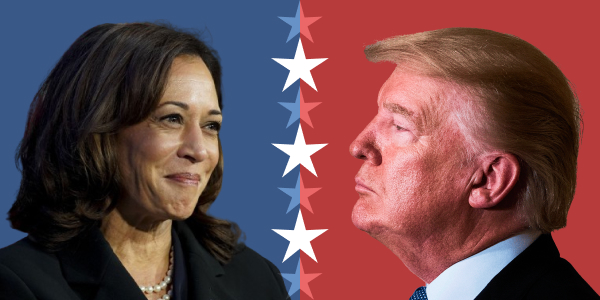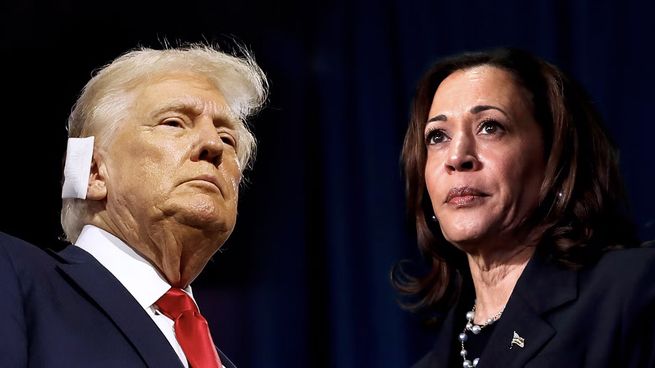How Today’s U.S. Election Could Impact Housing and Real Estate
Economic Policies and Mortgage Rates
Today's U.S. election could directly impact economic policies influencing the housing market, particularly through changes in interest rates and inflation control. Political priorities often affect the Federal Reserve’s policies, which in turn shape mortgage rates. An election outcome favoring one party could lead to increased government spending on infrastructure, potentially causing higher inflation. This could push the Federal Reserve to raise interest rates, which would increase borrowing costs and make mortgages more expensive. Conversely, a different approach might focus on tightening spending, which could help stabilize or even lower rates, making housing more affordable.
Housing Affordability Initiatives
Another significant aspect is the potential for housing affordability programs. Some political platforms prioritize affordable housing, including tax incentives for first-time buyers and increased funding for low-income housing projects. These initiatives could expand the availability of affordable housing, particularly in cities where housing shortages have been driving up prices. Changes in tax policies, such as modifications to capital gains taxes on real estate or deductions for homeowners, could also impact the overall affordability and attractiveness of property ownership.
Real Estate Development and Zoning Regulations
Local and federal government regulations on zoning and land use could shift depending on the election outcome. A push toward deregulation might accelerate construction projects and increase housing supply, especially in urban areas where demand is high. On the other hand, if the election brings leadership focused on environmental and urban planning regulations, new real estate developments may face stricter controls, particularly in ecologically sensitive areas. This could slow the growth of housing supply, keeping prices high in areas where demand exceeds availability.
Investment and Foreign Ownership
The election may also influence foreign investment in U.S. real estate, depending on policies toward international trade and foreign ownership. A more open approach to foreign investment could boost the luxury and commercial real estate sectors, as international buyers contribute significant capital. Alternatively, restrictive policies may limit foreign investments, impacting demand in major urban markets like New York, Los Angeles, and Miami.
Rental Market Impact
For renters, policies addressing rental assistance, rent control, and tenant protections could shift. Changes in housing assistance programs could determine rental affordability, especially in high-cost markets. Depending on the outcome, rent control policies could expand, or there may be incentives for landlords to keep rents stable, potentially making renting more affordable for those unable to purchase homes.
Conclusion
Today’s election will likely shape the future of U.S. housing and real estate for years to come. From mortgage rates to affordability initiatives, the results will influence how affordable, accessible, and profitable real estate is in the near future. Understanding these potential changes can help buyers, sellers, investors, and renters make more informed decisions in the evolving market.




Comentarios
Publicar un comentario